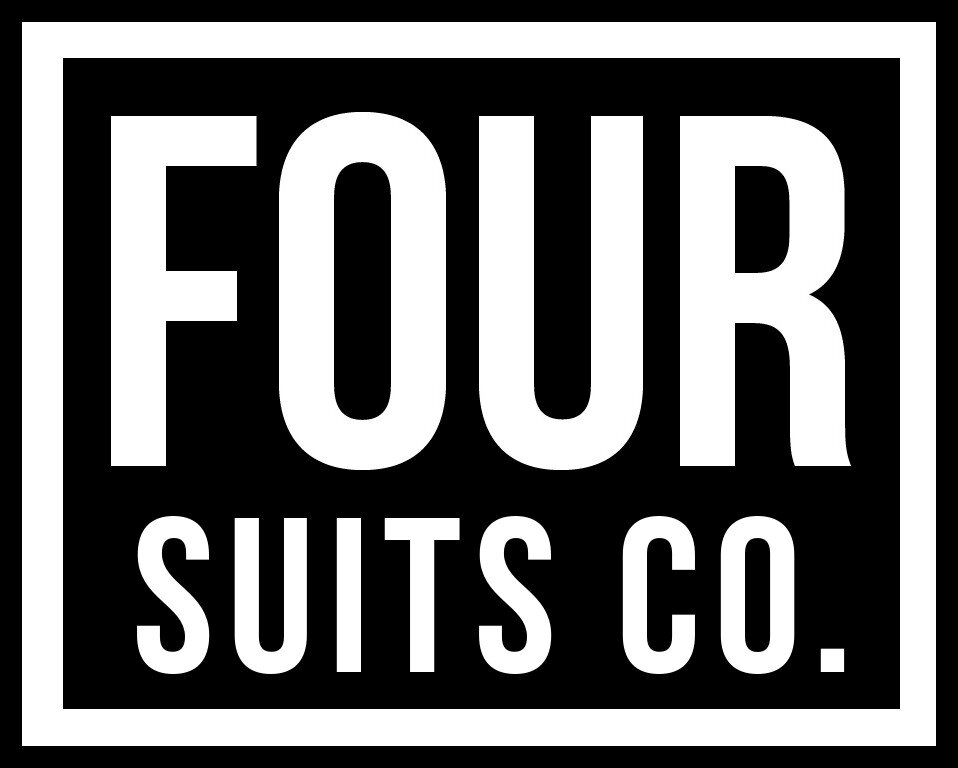Sometimes "Cheating" is OK
A few days back I was watching Nate Staniforth on Scam School. (For those that don’t know Scam School, it was one of my first real exposures to magic, and, despite its certain flaws, will always be one of my favorites. Fight me.) Now Nate has a reputation as a talented creator and performer, with some devastatingly clever methods to his name. So when I watched the coin effect he did in the episode, I was a little surprised. Basically, he taped a coin to his hand, allowing him to do the slowest, cleanest false transfer ever.
Brian’s admirable response to anyone who thinks this method is “cheating”.
Now there are a couple things about this that I like, and that I want to talk about. The first is that, method aside, he does a really good job of making the vanish magical. He talks about how he uses the spectators hands to frame the space, and how to choreograph them in subtle ways to increase their conviction that the coin is in fact in that hand. The second is that a lot of magicians would call this “cheating.” Nate addresses this in an interesting way. He says “It is cheating. But it’s better; it’s cleaner.” And that makes you step back and think about what’s actually happening. What does it mean he’s “cheating”? Magical is all about cheating the spectors' senses. Sure, we don’t (and shouldn’t) present it that way, but as some point we “cheat” and steal the coin, peak the word, etc. So why would using this simple, simple gimmick be any worse?
The last point is that, as magicians we do often get caught up in the beauty of the method over the power of the effect. Now this is not always a bad thing. Those beautiful methods often have advantages (say, when you want to perform but didn’t remember to bring your poster tape), and are often important steps on the path to better, simpler methods. But they don’t always translate into better magic, and at the ends of the day that’s what matters most. This hit home today when J.R. and I were playing around with a new book test method we had been developing. We had it to a workable point, but something about it just didn’t seem right. Finally we realized we were too caught up in the beautiful method, and needed to accept that if that methodological road was the one we wanted to take, we should go all out to make it as good and clean as possible for the spectator, even if that meant “cheating” on our end.
-- Z.Y.

